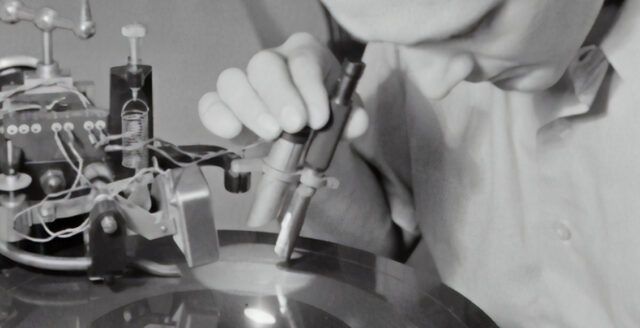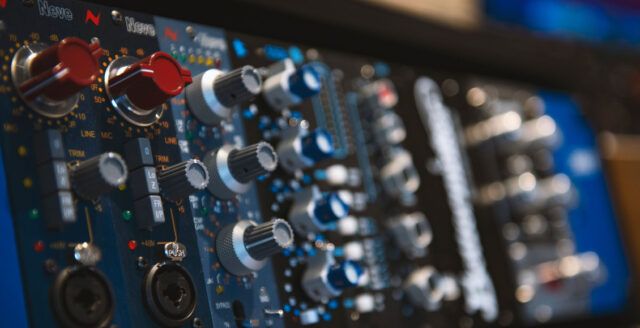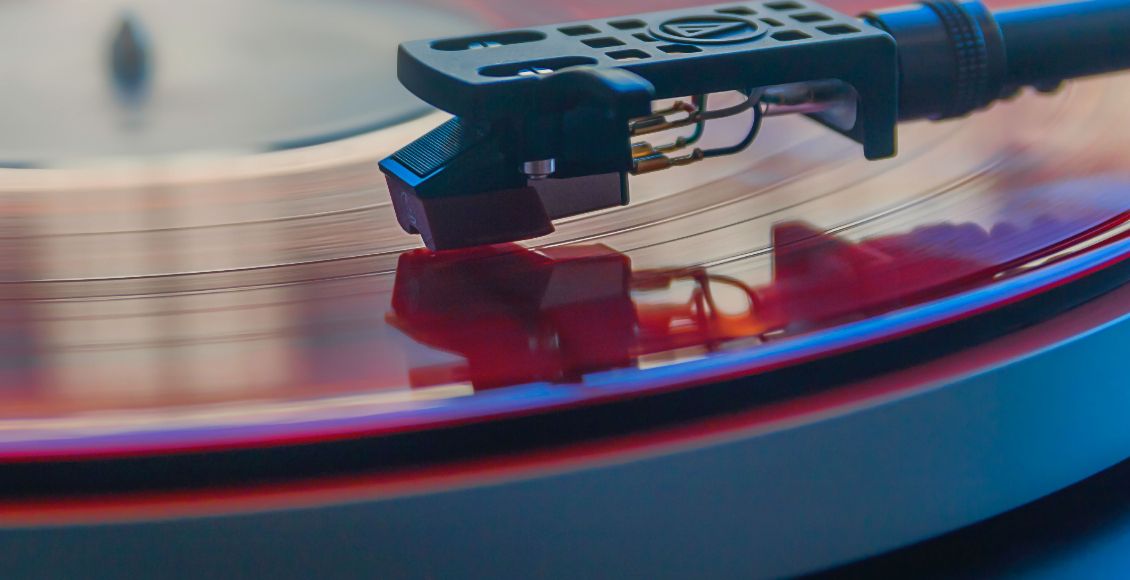The barriers to entry for music producers have mostly been obliterated. Between the multitude of digital distribution platforms and the self-contained ecosystem of Bandcamp, music producers needn’t – and often don’t – bother with record labels and physical releases. So then, the question becomes: why does the vinyl market not only persist, but continue to grow?
Collectability, aesthetics and sound quality are a few of the big reasons. For many artists and DJs, there’s a certain amount of legitimacy that comes with vinyl records. In our age of absent gatekeeping, a record can signify an amount of quality control.
There’s a problem, though. While more pressing plants are popping up (and celebrity record manufacturer Jack White is imploring the majors to re-open their plants), the industry just cannot keep up with the demand. Production times for pressing short runs of records (300-500) are at an all-time high. Billboard suggests that the demand for new vinyl records is at least double that of the entire worldwide manufacturing capacity. It has become much harder to get your minimal, Berlin-dancefloor-ready bleeper out to DJs while the few pressing plants in the world struggle under the weight of Lizzo special editions and Steely Dan represses.
Consider a different route: Lathe Cutting.
There is an alternative that comes from the world of vinyl enthusiasm. Lathe cutting is available from various companies around the world, often from people that have acquired old lathe cutting machines and maintained and updated them. Rather than pressing the grooves, the lathe cuts the music (in real time) into the record. Often these are boutique services, with just 1 or 2 engineers operating the entire business. The process is similar to Dubplating – except rather than using acetate and ultimately wearing out relatively fast, the lathe cuts into polycarbonate and are good for many plays.
When lathe cutting, you can produce as little as one record – which could be useful for the vinyl-only DJ that wants to play their own music, but cannot wait for a pressing plant, or even as a gift or competition prize. This service is often used to press a limited edition short run for an artist to sell on their website or while on tour.
How much does it cost?

Similar to independent pressing plants, pricing is tiered depending on the amount of records that will be pressed. Pressing 20 will cost much less per record than one single record. In familiar fashion, prices graduate based on the choice of 7-, 10- and 12-inch records with the amount of time available on each rising too. The price per record is much higher than doing a run with a pressing plant, but you will save money as there is no minimum order. An advantage to the lathe cutting method is that unlike the conventional process, no lacquer is needed –which removes a significant cost. Lacquer is the mold that is created to press into vinyl, whereas the lathe cuts the audio directly into the record.
It’s got the groove – but what about the sound?
Sound quality can vary greatly, depending on the equipment used. Most services are upfront about the level of sound quality you can expect, with a premium charged for Hi-Fi audio. Some companies may seek to offer audiophile-grade quality while others are offering a novelty gift. It’s always a good idea to do a little research and get a conversation started with anyone you’re interested in working with. Forums and subreddits can be a great resource for finding out more from other producers’ experiences, reviews of services and a plethora of opinions on all types of physical media. You’ll need to know what you can expect from the provider you’re working with, and if there’s not much information about sound quality on their website, you should ask them or look for reviews online.

How do Lathe Cuts compare to ‘real records’?
Technically, you can use a lathe to cut audio into anything flat and plastic – so if you want to permanently etch your French-touch banger onto the back of a Nintendo Switch, go for it! Most people, however, go with polycarbonate – and the results are almost imperceptibly different from ‘regular’ records (besides some occasionally-less-than-perfect edges).
When I was researching the service, the average turnaround time seemed to be around 8 weeks. Depending on your location there may be particular rush times, either as people clamber for unique Christmas gifts, or bands start to prepare for summer tours in spring.
As mentioned, your finished product will sit comfortably in anyone’s record collection, but it’s a good idea to let people know that they are buying a lathe cut. If nothing else, it will explain the higher price that you’ll probably have to charge per record, since lathe cuts can cost upwards of $20 each per record depending on the vendor and how many you order.
My personal experience with my own lathe cut record

I pressed up 25 10-inch records to sell on my Bandcamp page. The turnaround was around 8 weeks, and with color labels and transparent jackets the project cost a little less than $500. To break even, I had to charge around $20 per record, which is quite a lot for a 10-inch – so I really had to lean into the ‘Limited Edition’ aspect to justify the price. I was very happy with the quality and service from the company I chose (Audio Geography). I looked into a few different businesses, but made my choice based on noticing that they had worked with electronic artists before and offered a Hi-Fi option.
Ready to try it?
As with any purchase that you are staking your artistic reputation on, you must perform your own due diligence. As a first step, make the smart logistical move: find a service that’s close to you, so that you can cut the cost of shipping. Here are a few options based on geographical location:
North America
Europe
Asia
Ultimately, the best option depends entirely on your needs and your budget. Since lathe cutting tends to derive from a passion project of the business owner, companies are likely to be very open to questions and special projects. Don’t be afraid to reach out and start a conversation if you have something particular in mind.
Have you had your own records cut this way, or bought them from other artists? We’re interested to hear your experience – and if you have any companies you’d recommend adding to our list. Let us know in the comments!




